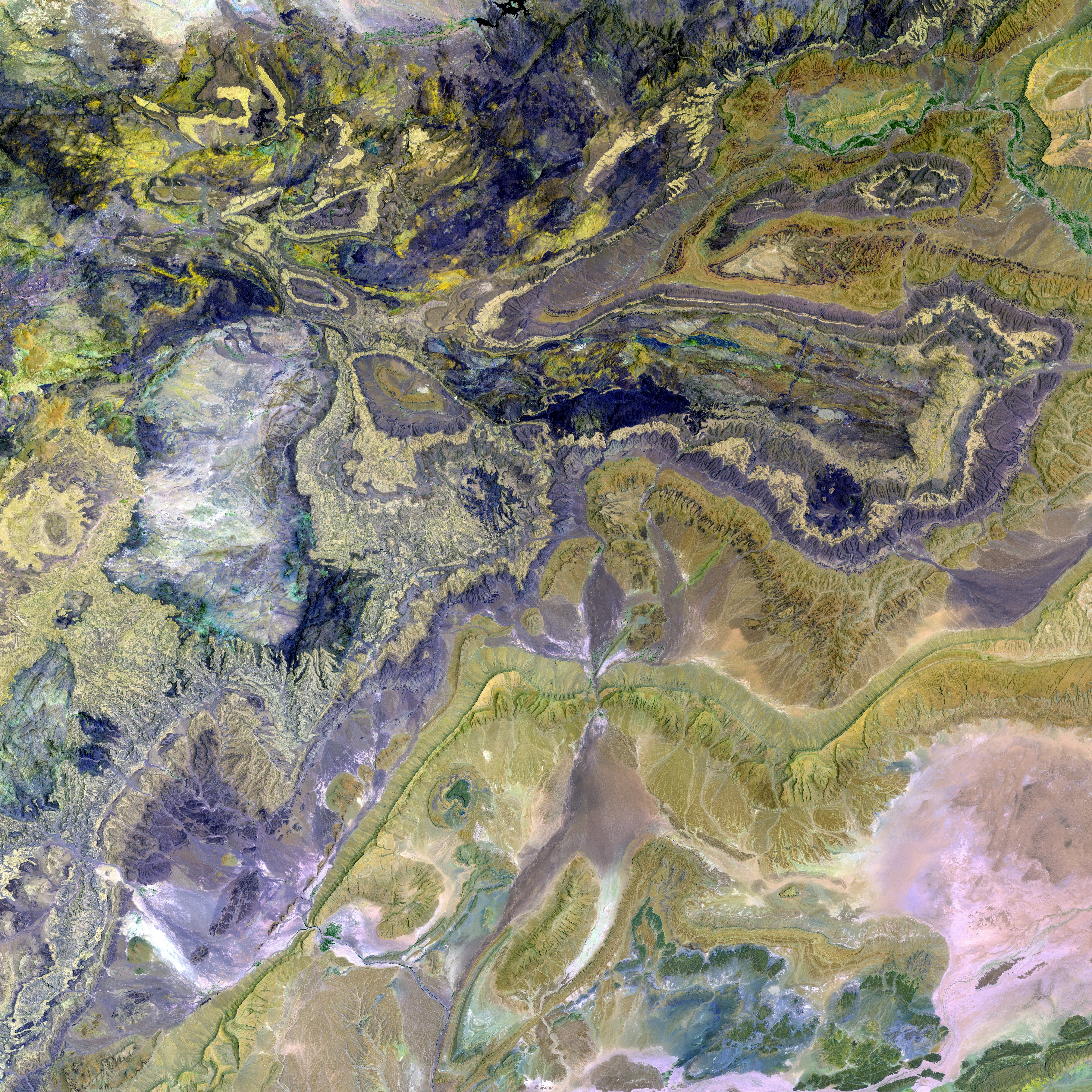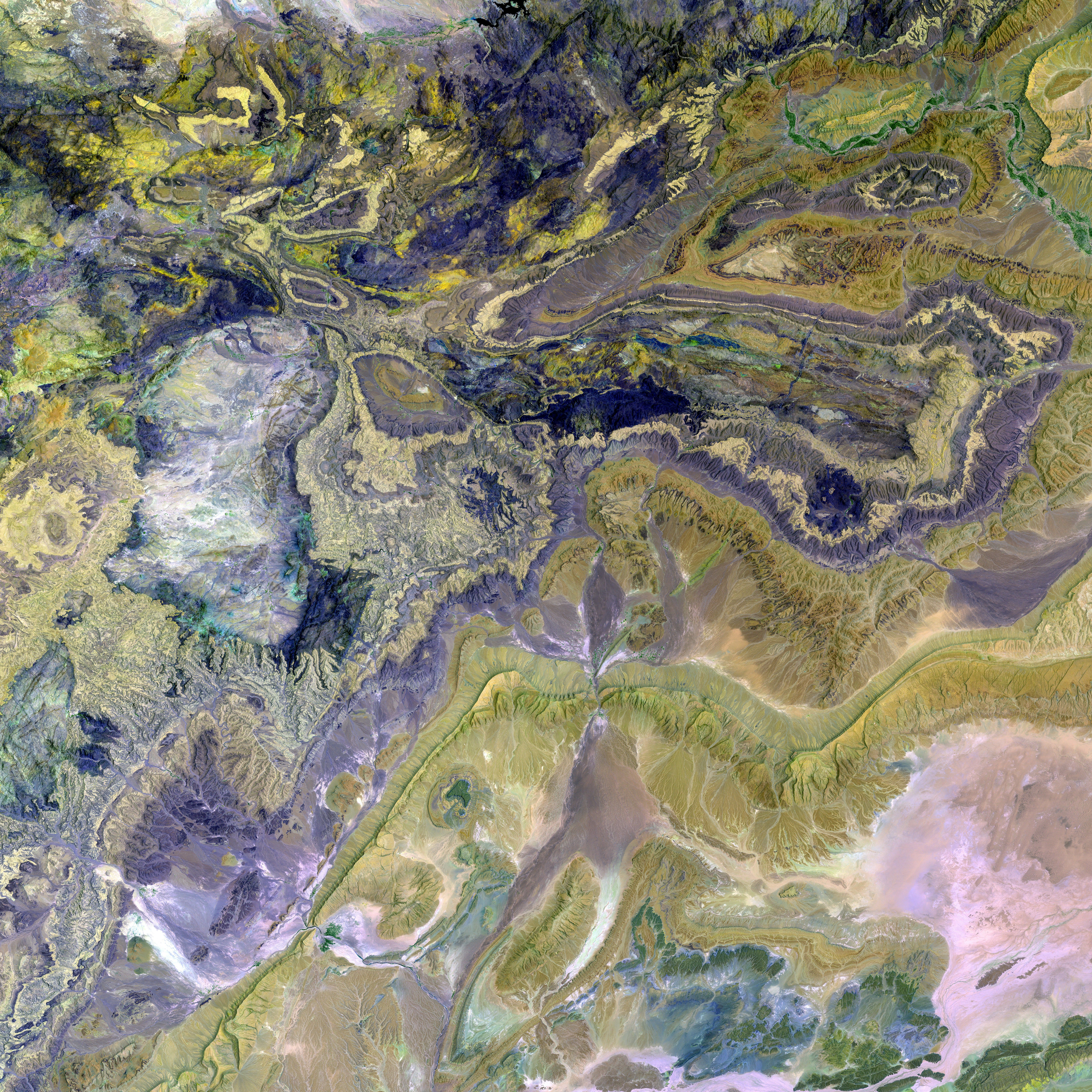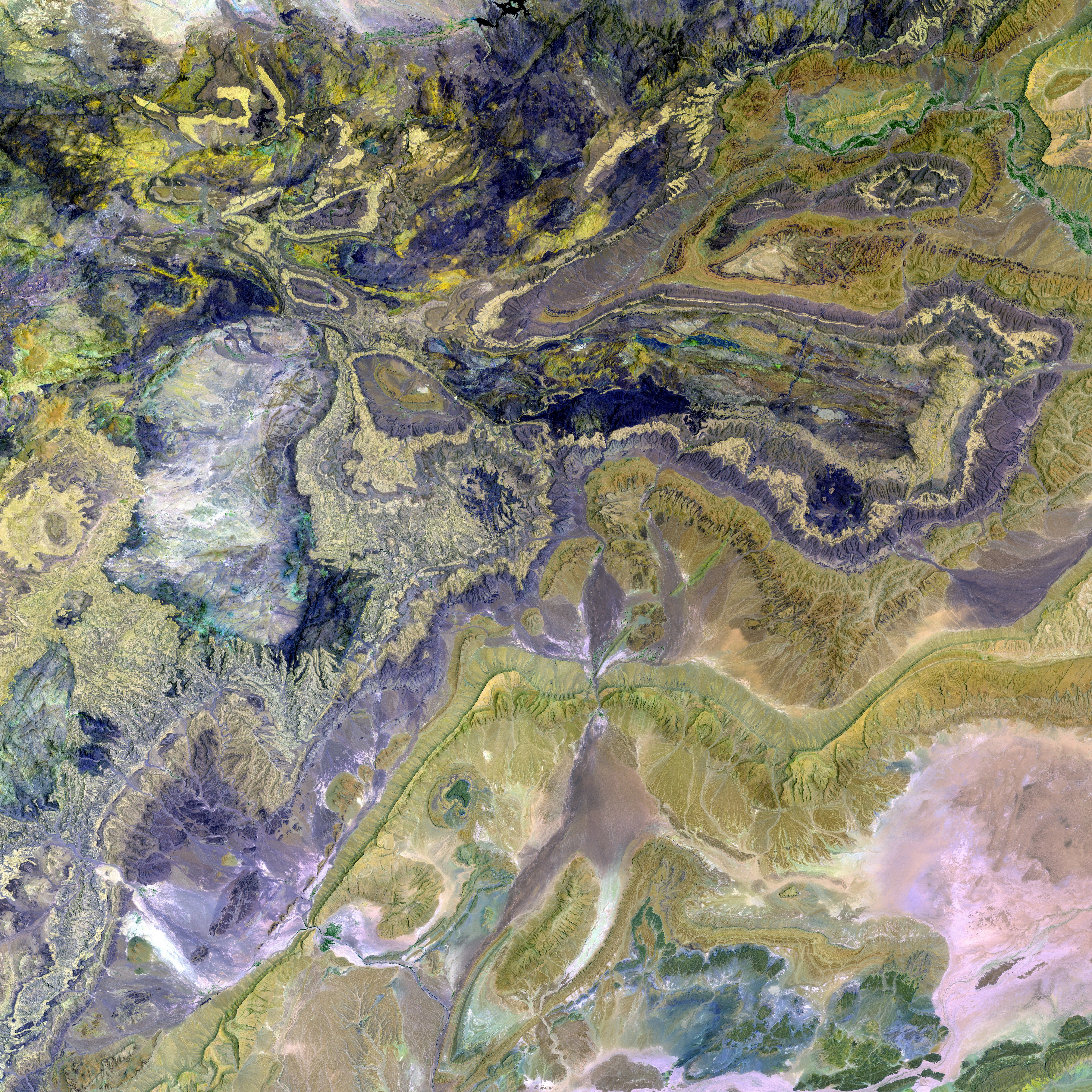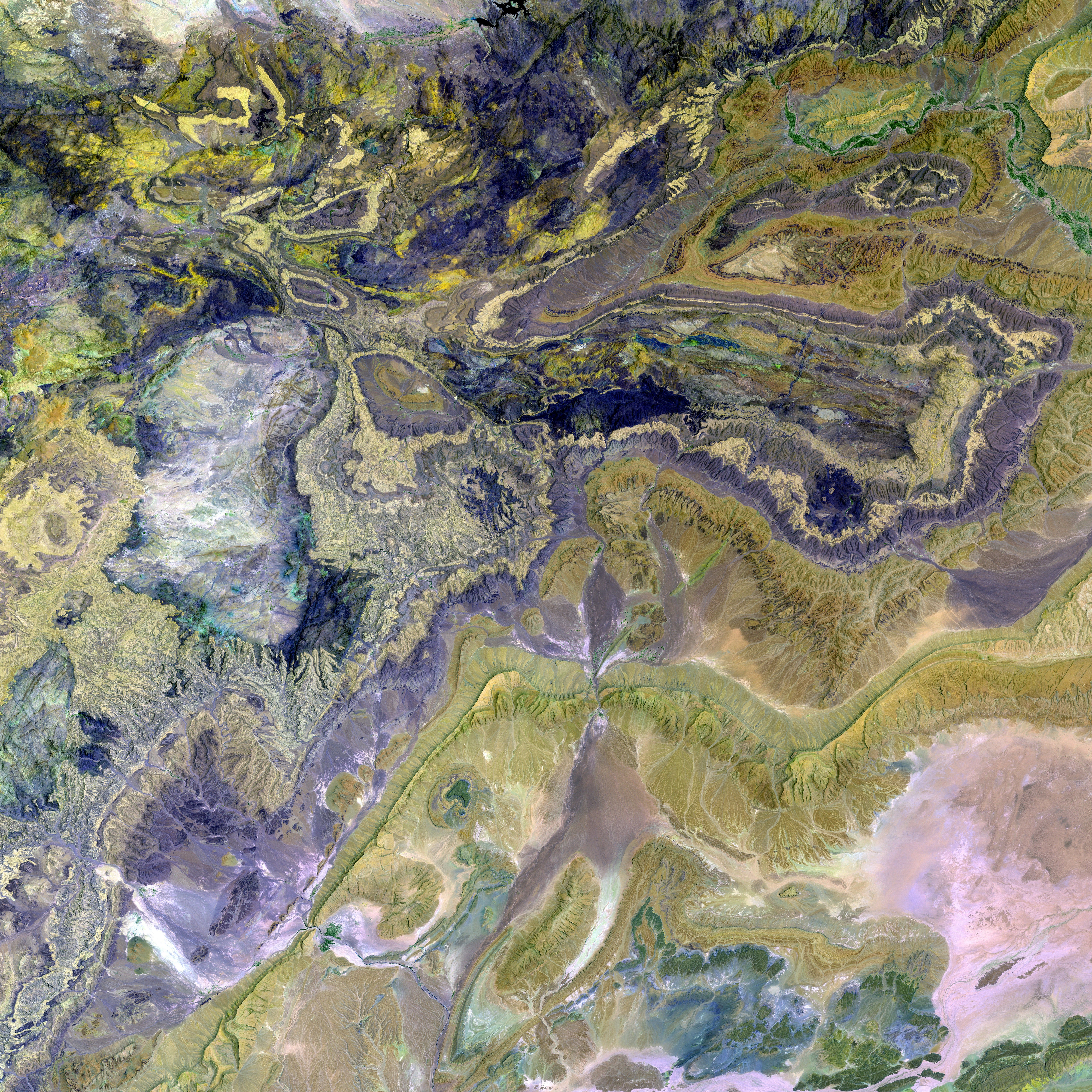Safeguard Your Enterprise Against Floods and Other Natural Catastrophes!
Securing Your Business Against Natural Disasters: A Crucial Guide for Businesses Worldwide
As economic turmoilabounds, many small and medium-sized businesses find themselves precariously balanced on the brink. A natural disaster striking at the wrong moment could be the straw that breaks the camel's back. Consequently, it is essential that businesses take steps to safeguard themselves from the potential devastation wrought by mother nature.
In the United States, instances of wildfires continue to escalate, posing a grave threat to businesses nationwide. A single blaze sweeping through commercial premises could decimate inventories and put an end to operations for good.
So how can businesses protect themselves? This straightforward guide offers vital tips to help safeguard your business and manage potential financial losses in the event of a natural disaster.
Most Common Natural Disasters Impacting Businesses
The world is no stranger to catastrophic natural disasters, and businesses are not immune to their destructive consequences. Let us examine some of the most prevalent disasters that have the power to wreak havoc on businesses.
Flooding
Flooding is one of the most common and costly natural disasters affecting businesses. In the United States alone, floods have cost Americans over $850 billion in damages since 2000. Floods can lead to substantial property damage, affecting inventory, vehicles, and more.
Earthquakes
While less common in America, earthquakes have the potential to be devastating, resulting in the complete destruction of commercial buildings and offices.
Wildfires
Wildfires, which are currently spreading at an alarming rate in the United States, can cause severe damage to businesses and homes quickly. Although evacuations can be ordered in time to save lives, the contents of the buildings—such as crucial documents and valuable inventory—often succumb to the flames.
Protecting Your Business
With the threats posed by these natural disasters in mind, here are some practical tips to help protect your business:
- Acquisition of InsuranceAcquiring insurance is crucial for protecting your business and its assets. By doing so, you can rest easy, knowing that your insurance company will cover damages to the best extent possible. Take care to find insurance that is appropriate for your business needs and budget.
- Avoid Ground Floor PremisesIn the event of flooding (as well as other disasters), ground floor premises tend to suffer the most water damage. So if you are on the hunt for a new office location, it is better to opt for higher floors, which offer greater protection against natural calamities and pose a lower risk.
- Create an Emergency Flood KitAn emergency flood kit should include important documents like insurance papers, a first aid kit, property keys, lights, food and drink supplies, etc. This kit can come in handy in case you and your employees are stuck in the office during a disaster.
- Develop an Emergency PlanIn the wake of a natural disaster, business operations will likely be disrupted. A well-planned emergency strategy can help mitigate potential damages to your customers and business. To that end, consider transitioning your team to cloud computing, where all documents and files can be accessed via internet-based apps. This approach will allow your team to continue working remotely and maintain vital business continuity.
- Maintain Regular Communication with EmployeesIn times of crisis, consistent communication with your employees is vital to avoid confusion and miscommunication. Keep employees informed during the build-up to a disaster, too, to avoid employees traveling to the office when they shouldn't. And don't forget to instruct employees to work from home in case local roads are affected by the disaster.
Conclusion
We hope this guide helps you prepare your business for potential natural disasters. Though it's impossible to eliminate the risk entirely, following these tips will help you minimize the financial impact of a natural disaster on your business.
Stay safe, and remember: It's always better to be prepared than to regret not taking action!
- In the realm of supply chain management, it's crucial for businesses, especially those in high-risk industries like retail and manufacturing, to assess their vulnerability to natural disasters and implement appropriate strategies for supply chain resilience.
- When it comes to finance, businesses should consider securing disaster relief loans or insurance policies that cover business interruption, as well as investments in technological tools like cloud computing and remote work solutions, to mitigate financial losses and ensure continuity in the face of natural disasters.





